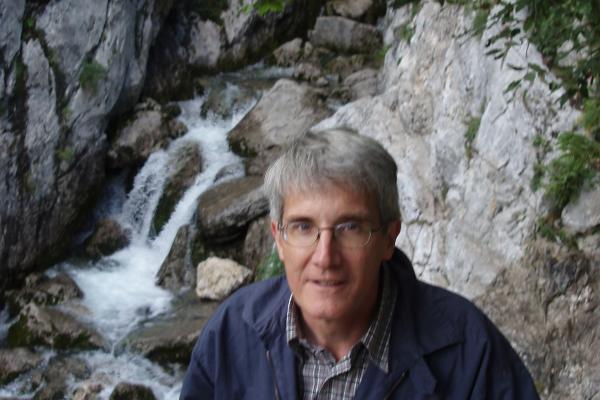
Canons Continually Recast: Claiming Space for the Genius of Europe’s Borderlands
Lecture by Michael Biggins (University of Washington)
Abstract: Despite redoubled efforts in the U.S., Great Britain and elsewhere to increase the share of world literature published in the Anglophone world beyond the traditional 3%, certain old habits and more recently acquired practices thwart real progress toward internationalizing the best of what is thought and read. Prominent efforts at updating the canon of world literature either replicate a centuries-old English predilection for the Norman homeland and sunnier realms of the Renaissance and Grand Tour, or take an iconoclastic and leveling approach where the primary goal is to supplant privileged narratives with voices of the oppressed. These approaches, overburdened with either inertia or ideological activism, fall short of achieving a truly literary outcome. Using examples from Slovenian literature and art, I will show the latent potential of traditions that accidents of geography and language have obscured from wider exposure and argue that East Europeanists in particular have decades’ worth of vital but selective cultural recovery work yet to accomplish.
